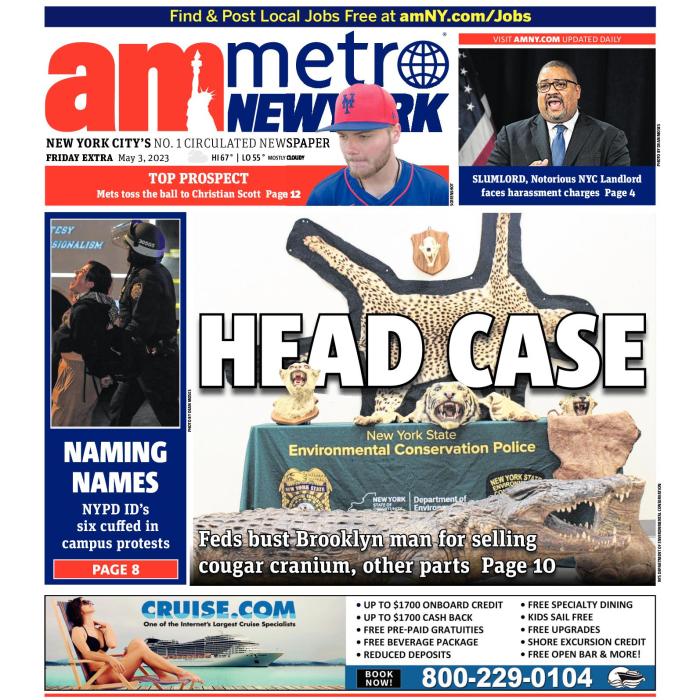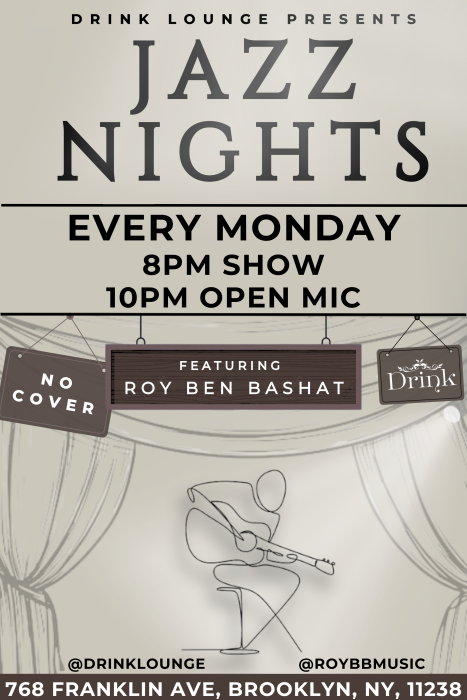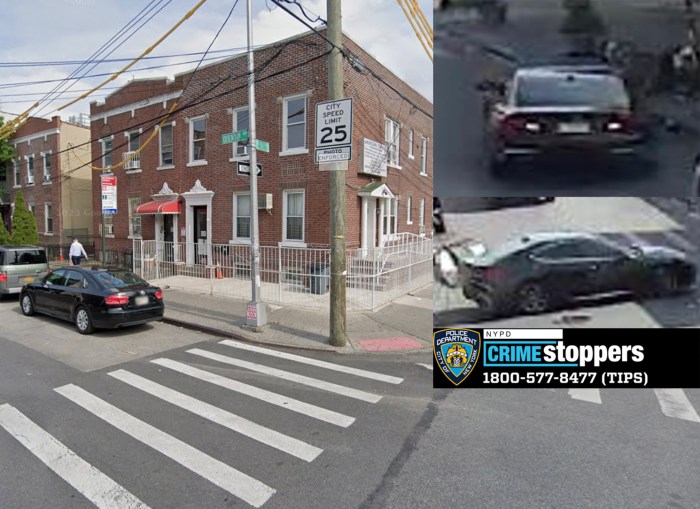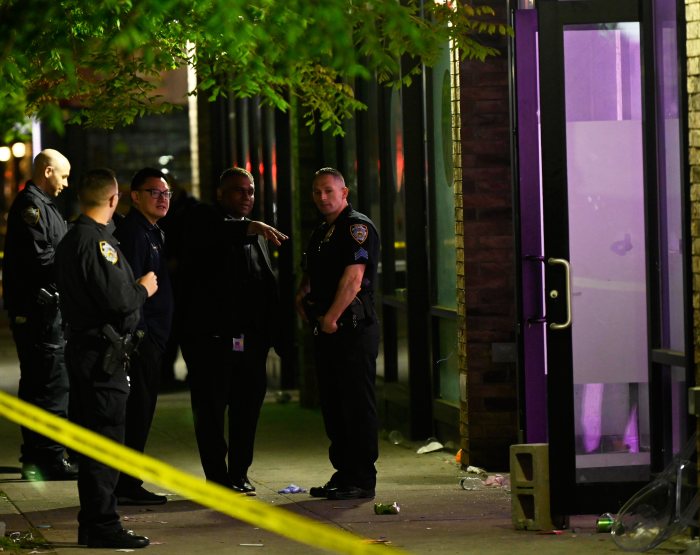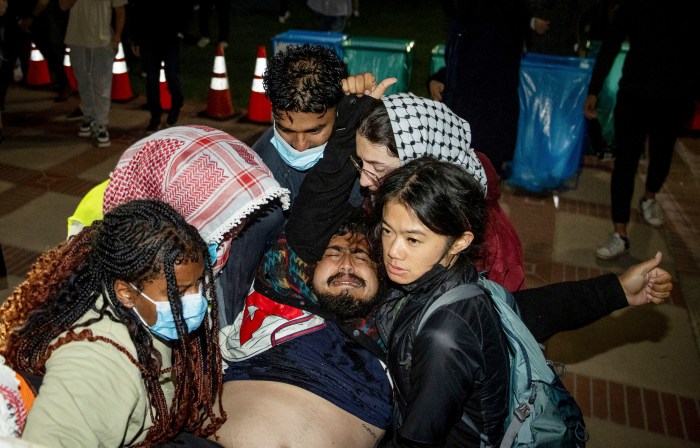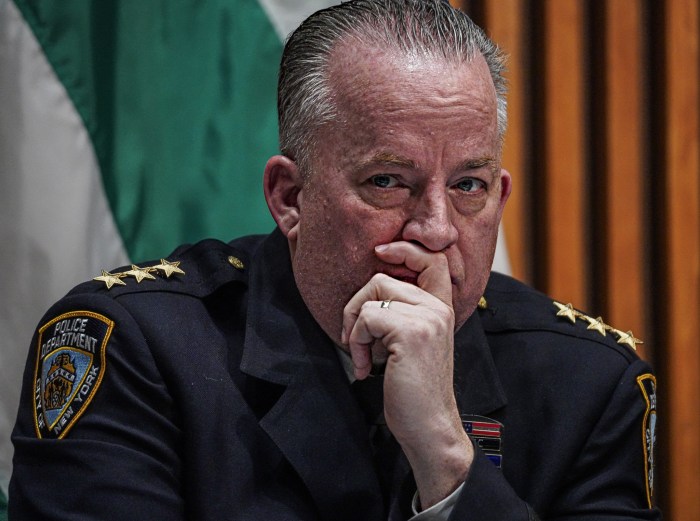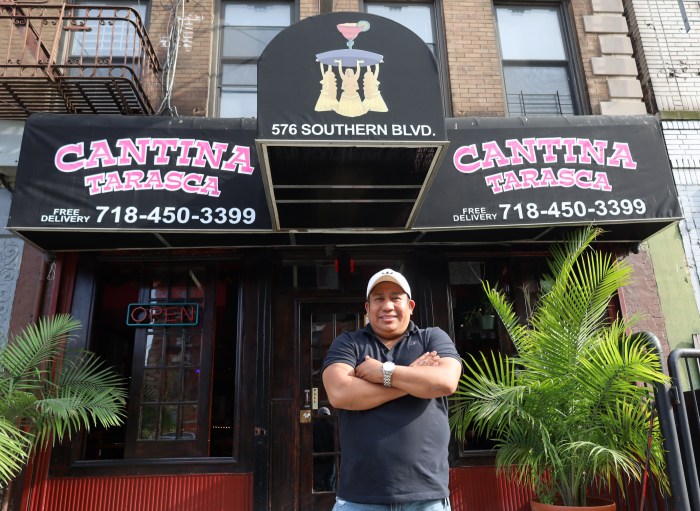BY ALINE REYNOLDS | The jury’s still out on whether or not certain forms of cancer will be added to the James L. Zadroga 9/11 Health and Compensation Act.
In early April, the government-appointed Scientific and Technical Advisory Committee (S.T.A.C.) recommended that the federal government add approximately 30 types of cancer to the list of 9/11-related illnesses covered by the health portion of the law. Dr. John Howard, the bill’s administrator, was expected to issue a ruling based on the S.T.A.C. recommendation by last Sat., June 2.
But the deadline came and went without a public announcement from the National Institute of Occupational Safety and Health (N.I.O.S.H.).
Asked about the delay, a N.I.O.S.H. spokesperson said, “The June 2 date was a statutory deadline, but there’s no penalty for missing it.”
When inquired about the status of his decision, Howard reportedly told the spokesperson, “it’s not like they fine you or anything” and said that he anticipates to come out with the decision “soon.”
The spokesperson said there’s no significant reason for the delay other than it’s a “complex and sensitive issue.”
Specifically, Howard’s written determination about cancer is undergoing three separate internal reviews by N.I.O.S.H. and its two umbrella agencies, the Centers for Disease Control and Prevention (C.D.C.) and the Department of Health and Human Services (D.H.H.).
The N.I.O.S.H. spokesperson said that, while the Institute can’t give a more detailed time frame of when they’re expecting to publicize Howard’s decision, the proposal is very much on the feds’ front burner.
The spokesperson elaborated, “They’re working very hard on finalizing the proposal, and that can mean everything from consulting to doing the writing and editing to getting all the reviews done.”
